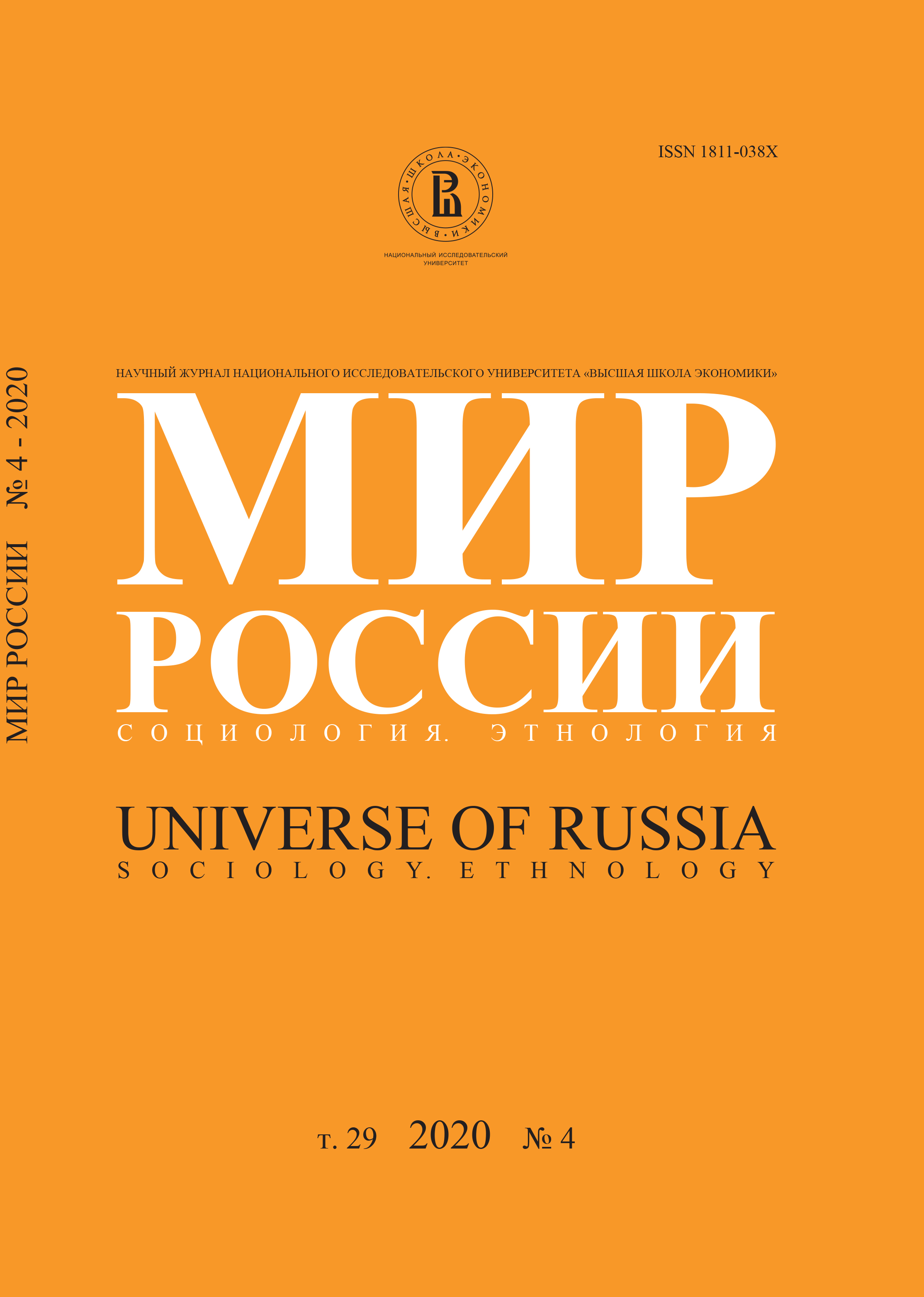Наследие Ленина 150 лет спустя
Аннотация
Цитирование: Marshall A. (2020) The Shadow and the Substance of Lenin after 150 Years. Mir Rossii, vol. 29, no 4, pp. 134–149. DOI: 10.17323/1811-038X-2020-29-4-134-149
В 150-летнюю годовщину рождения В.И. Ленина в академическом сообществе поднимается вопрос об оставленном историческом наследии основателя большевистской партии. Проводя грань между Лениным-человеком и почти 70-летним культом почитания его памяти, с одной стороны, и его методом и образом мышления, с другой, в статье предпринимается попытка оценить значение фигуры В.И. Ленина для сегодняшней Европы. Основу данного исследования составляет анализ основных идей В.И. Ленина в интерпретации Э.В. Ильенкова. В каком-то смысле нынешняя европейская политика по-прежнему остается побочным продуктом отрицания ленинизма после 1989 г., а именно ленинизма, который с 1924 г. эволюционировал в социологическую теорию, предполагающую набор практических мер для осуществления ускоренной модернизации в отстающих обществах. Отрицание ленинизма как альтернативной формы модерна в странах Центрально-Восточной Европы привело к его замещению постмодернистской политикой памяти, которая, хоть и ускорила развитие конкурентной политической культуры, все же оказалась зацикленной преимущественно на вопросах культурных и религиозных различий, нередко перерождаясь в радикальный этнический национализм. Об этой опасности предупреждал советской философ Э.В. Ильенков, который на основе переосмысления диалектики идеального, впервые изученной К. Марксом и В.И. Лениным, попытался противостоять подъему неопозитивистского мышления 1960–1970-х гг. Выявив скрытую угрозу в механистическом материализме, он не менее открыто противостоял субъективному «социализму с человеческим лицом» и прочим идеалистическим течениям, развившимся как отклик на неопозитивистскую риторику советской социальной жизни. И в этом он, безусловно, разделял позицию В.И. Ленина, считавшего, что истинное определение идеального возможно лишь в конкретный исторический момент и лишь в результате сплоченных коллективных усилий общества, а не через принятие какой-либо из вышеобозначенных крайностей. Таким образом, Э.В. Ильенкова в определенном смысле можно считать современным проводником ленинских идей.






